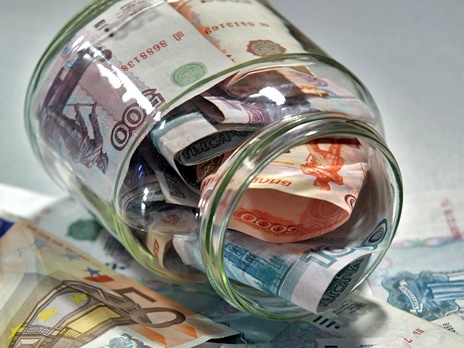


ArmInfo. The 20% required reserve ratio of deposits in foreign exchange prevents inflow of 'hot money' into the banking system, Arthur Javadyan, Chairman of the Central Bank of Armenia (CBA) said at the parliamentary hearings on the state budget 2016, Monday.
In response to the question of parliamentarians claiming that the high required reserve ratio makes the credit resources more expensive, Javadyan said the toughened requirement applies to deposits in foreign currency only and looks to save banks from expensive, short-term financing "so that banks have not to raise hot speculative money." With such measures the CBA motivates banks to work and raise long-term investment resources from their institutional partners or enter the domestic and international markets with their own debt securities, for which the CBA envisaged very low or even zero reserve ratios. Javadyan explained that the decision to toughen the required reserve ratio has already brought certain results, as some banks have taken serious efforts to attract institutional investors and enter equity markets.
On December 19 the CBA toughened the required reserve ratio for foreign exchange deposits from 12% to 24% due to the acute currency crisis and the sharp depreciation of the Armenian dram, which started in October and reached the peak on December 17. As soon as the acute phase of the crisis was over, the CBA reduced the required reserve ratio to 20% on December 23. On December 17, the national dram depreciated to 570 drams per 1 US dollar and appreciated to 464 drams in a week and gradually depreciated to 470 drams again. In 2014, the dram deprecated against dollar by 40%. Since 2009, the national currency has depreciated by almost 60%.